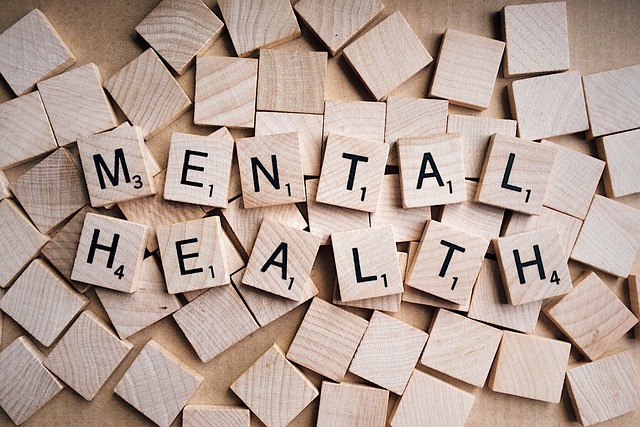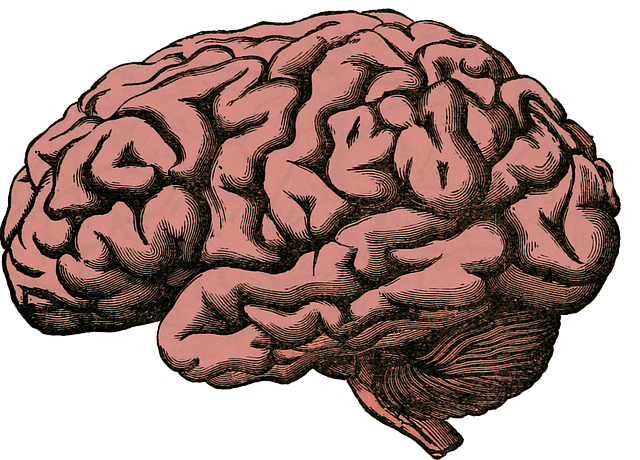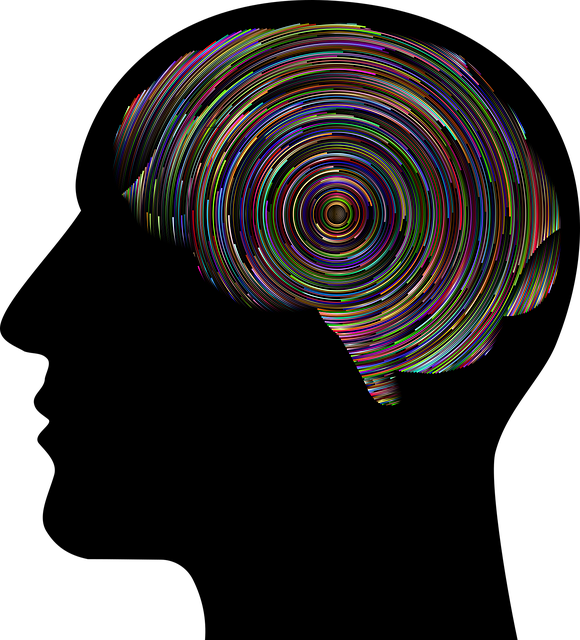Young adults' sexual dysfunction is a growing mental health concern, fueled by stress, anxiety, and trauma. Effective strategies include tailored cognitive-behavioral therapy (CBT) and trauma support services. Innovative solutions like app-based therapy offer discreet, accessible support with educational content, mindfulness exercises, and emotional intelligence training. Marketing through digital channels and engaging content is vital for the success of these apps, reaching a demographic often resistant to traditional therapy. "Therapy for Young Adults Sexual Dysfunction" is key to addressing this complex issue holistically.
In today’s digital age, mental wellness app development is a burgeoning field, with a particular focus on addressing the unique challenges faced by young adults. This article delves into two pressing issues: understanding sexual dysfunction in youth and exploring app-based therapy solutions tailored to this demographic. By examining causes, impacts, and treatment options for sexual dysfunction among young adults, we lay the groundwork for innovative app features and functionality. We also navigate privacy considerations, marketing strategies, and engagement tactics essential for successful distribution and user retention, ultimately enhancing access to effective mental health care.
- Understanding Mental Wellness and Young Adult Populations: Challenges and Needs
- Exploring Sexual Dysfunction in Youth: Causes, Impacts, and Treatment Options
- App-Based Therapy for Sexual Dysfunction: Features, Functionality, and Privacy Considerations
- Marketing and Engagement Strategies for Effective App Distribution and User Retention
Understanding Mental Wellness and Young Adult Populations: Challenges and Needs

Mental wellness is a complex spectrum, especially for young adults navigating life’s challenges and transitions. This demographic faces unique pressures, from academic demands to social expectations and identity formation. Understanding their mental health needs requires recognizing the prevalent issues within this population. One significant concern is sexual dysfunction, often stemming from stress, anxiety, or trauma, which can significantly impact self-esteem and overall well-being.
Addressing these challenges requires a multi-faceted approach. Therapy for young adults, tailored to their experiences, plays a pivotal role in fostering resilience. This includes evidence-based treatments like cognitive-behavioral therapy (CBT) to improve mood management and develop healthy communication strategies. Trauma support services are crucial in helping individuals process and overcome past traumatic events, which can be a significant barrier to overall mental wellness.
Exploring Sexual Dysfunction in Youth: Causes, Impacts, and Treatment Options

Exploring Sexual Dysfunction in Youth involves understanding complex factors that can impact their well-being. This issue among young adults is a growing concern within mental wellness circles, often stemming from various causes such as hormonal changes, peer pressure, or underlying psychological conditions. The effects can be profound, affecting self-esteem, relationships, and overall quality of life.
Treatment options for Therapy for Young Adults Sexual Dysfunction encompass both traditional therapy approaches and innovative practices. Community Outreach Program Implementation can play a vital role in raising awareness and breaking down stigmas. Risk Assessment for Mental Health Professionals is crucial to ensure safe and effective interventions. Compassion Cultivation Practices have shown promise in fostering empathy, self-acceptance, and healthy boundaries, all of which are essential components in addressing sexual dysfunction.
App-Based Therapy for Sexual Dysfunction: Features, Functionality, and Privacy Considerations

The integration of technology into mental health care has led to innovative solutions for various psychological issues, including those affecting young adults with sexual dysfunction. App-based therapy offers a discreet and accessible approach to addressing these sensitive concerns. These digital tools are designed to provide personalized support, targeting specific challenges faced by individuals in this age group.
Key features may include interactive education on sexual health, coping skills development through mindfulness exercises, and emotional intelligence training. Functionality could involve secure messaging for one-on-one sessions with therapists or peer support groups. Additionally, apps can offer tailored recommendations for stress reduction methods, promoting a holistic well-being approach. Privacy is paramount; robust encryption and anonymized data storage ensure users’ sensitive information remains secure. This ensures individuals feel comfortable seeking help without fear of judgment or stigma, thereby encouraging them to prioritize their mental wellness.
Marketing and Engagement Strategies for Effective App Distribution and User Retention

Marketing and Engagement strategies play a pivotal role in the success of mental wellness apps, particularly when targeting specific demographics like young adults experiencing sexual dysfunction. Utilizing digital marketing channels can help reach this often-overlooked audience who may be hesitant to seek traditional therapy. Integrating keywords like “Therapy for Young Adults Sexual Dysfunction” strategically across content and meta descriptions can enhance discoverability in app stores.
Social media platforms, mental wellness podcasts, and online communities can serve as powerful tools for engagement. Sharing relatable content, such as stories of recovery and discussions around Mind Over Matter principles, fosters a sense of belonging. Additionally, incorporating Compassion Cultivation Practices into marketing campaigns can humanize the app, encouraging users to perceive it as a supportive companion rather than a clinical tool. Regular updates, interactive features, and user-generated content competitions can further drive engagement, ensuring long-term retention beyond initial downloads.
Mental wellness app development, particularly focusing on therapy for young adults’ sexual dysfunction, presents a promising avenue for addressing pressing mental health challenges. By leveraging innovative technology, these apps can provide accessible and discreet support tailored to the unique needs of this demographic. However, careful consideration of privacy, functionality, and engaging marketing strategies is crucial to ensure their effectiveness and widespread adoption. With the right approach, app-based therapy has the potential to revolutionize how young adults access and engage with mental health resources, fostering a healthier and more supportive digital landscape.








